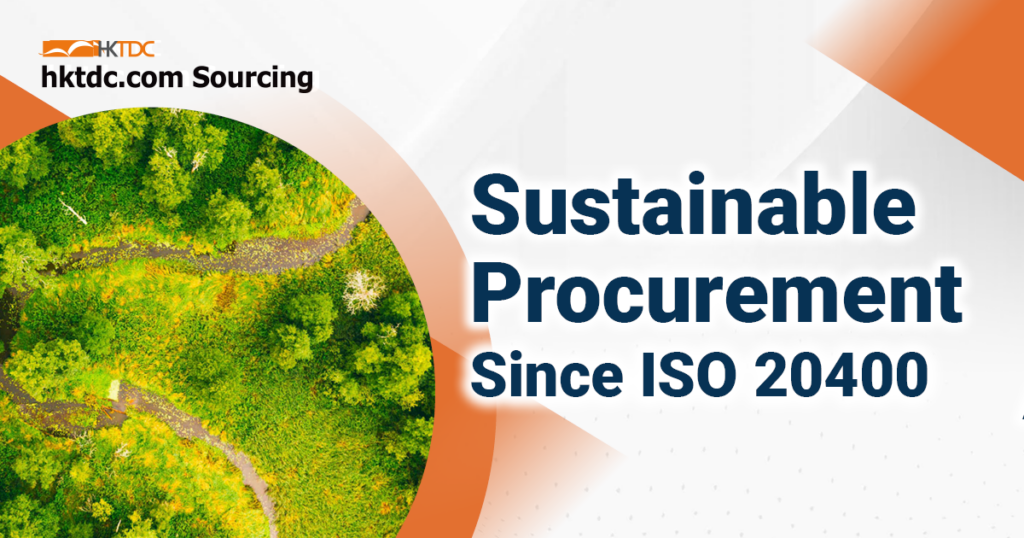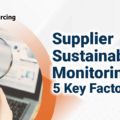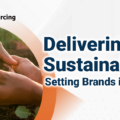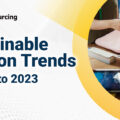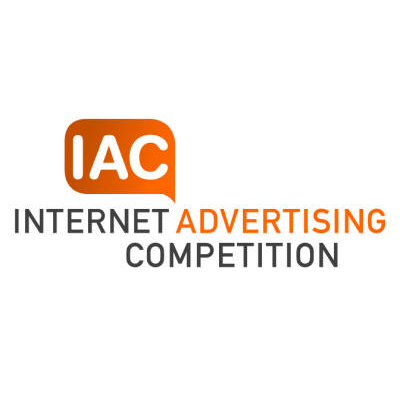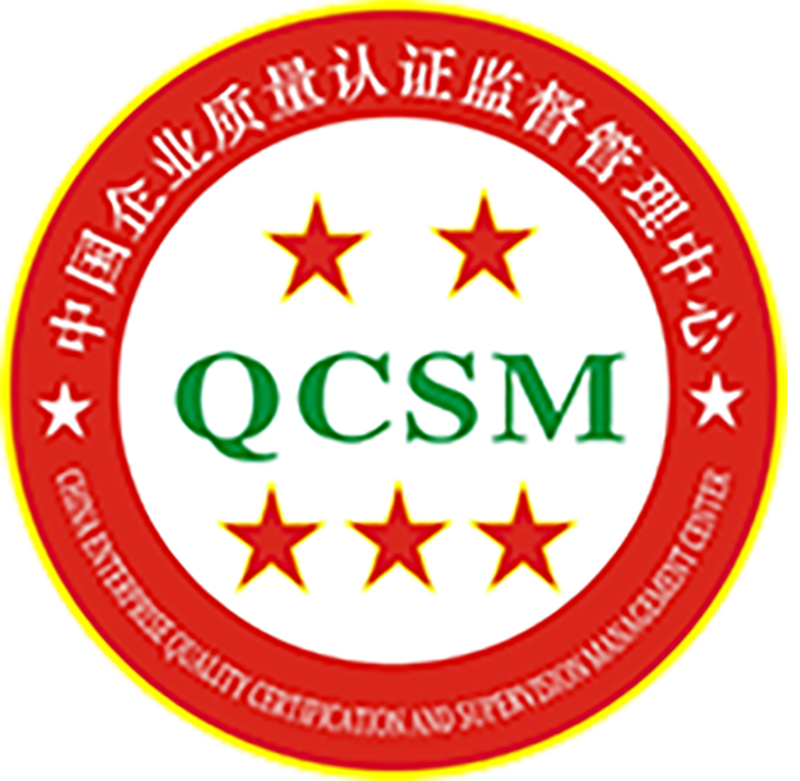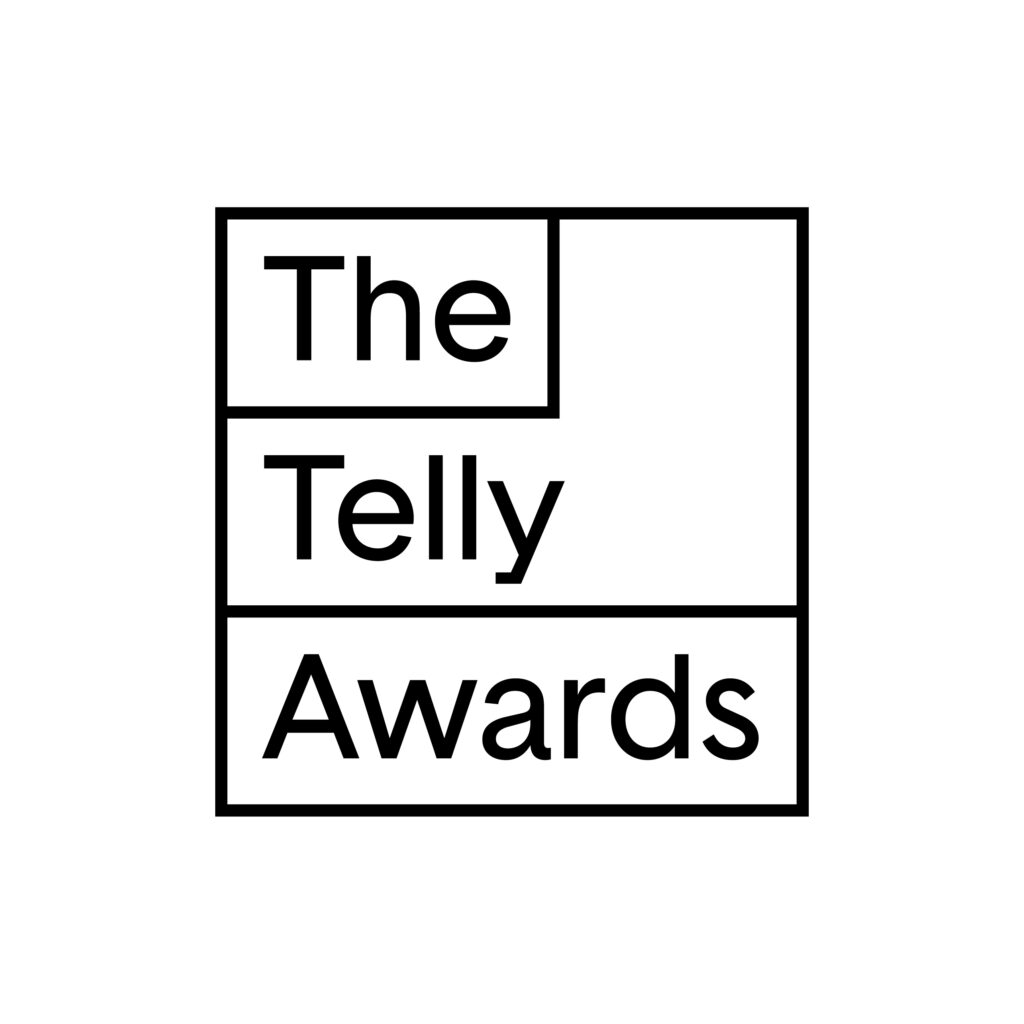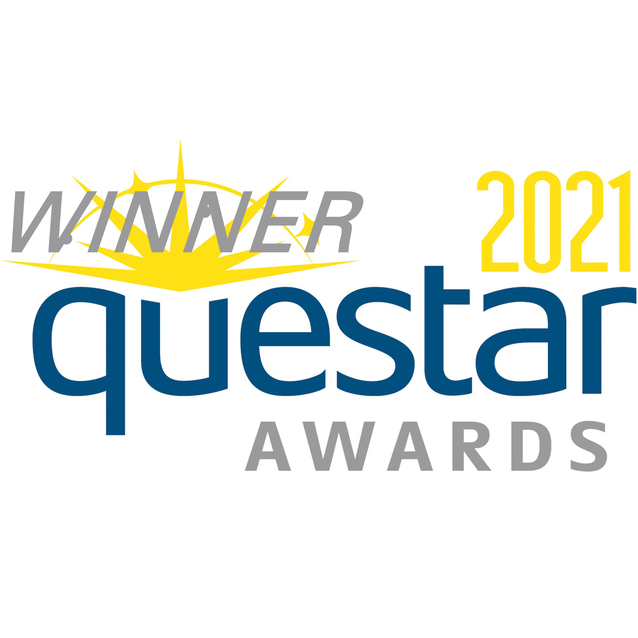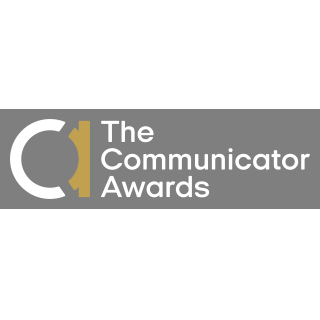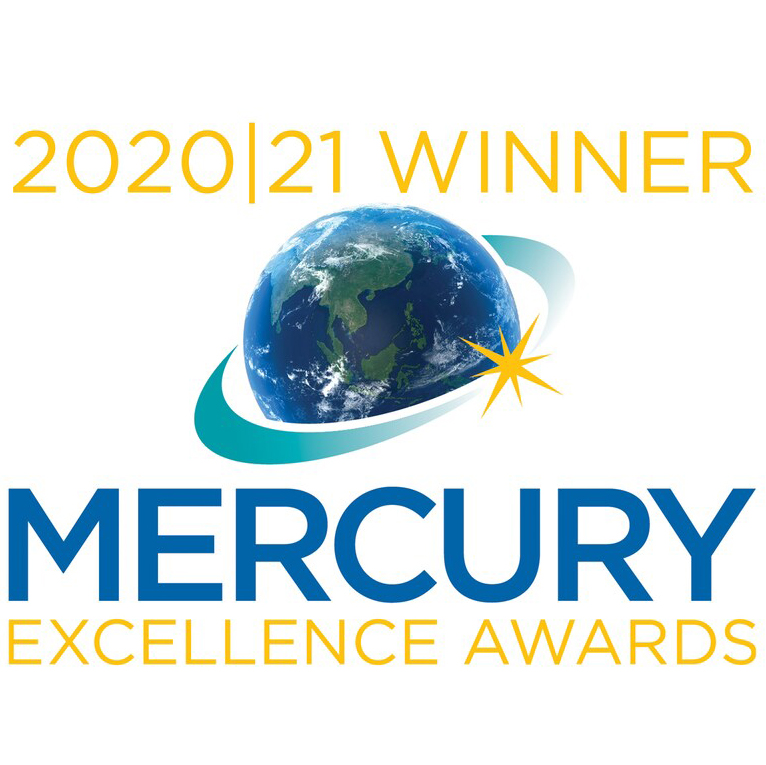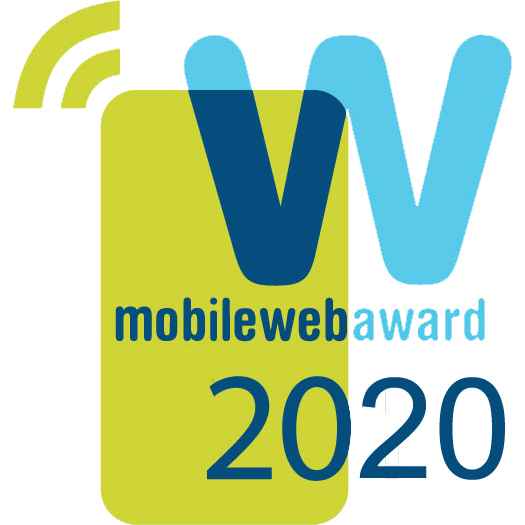This year marks the fifth anniversary of the ISO 20400 standard, which provides guidelines for integrating sustainability into your organization’s procurement processes. The anniversary falls on Earth Day and, in line with this year’s theme of “Invest In Our Planet”, now is the time to invest in your sustainable procurement program to scale positive impact. To date, companies from 188 countries have drawn on resources developed by the ISO 20400 community to accelerate their sustainable procurement journey. Although the standard has played an important role in expanding the adoption of better procurement practices, there remains much to be done to build more sustainable and equitable global supply chains. Originally published by EcoVadis, this article will look into the future focus areas regarding the standard.
Background of ISO 20400
ISO 20400 is the fruit of the hard work of representatives from more than 40 countries and global organizations such as the United Nations Environment Programme, the Organisation for Economic Co-operation and Development and the International Trade Union Confederation. It provides guidance on how entities can effectively align sustainable procurement with broader organizational goals and objectives, and how they can create a culture of sustainability. The standard defines several overarching principles such as accountability, transparency, respect for human rights and ethical behavior. Furthermore, it highlights the importance of some useful tools such as risk management and priority setting.
On the fifth anniversary of ISO 20400, we would like to reflect on the growing importance of sustainable supply chain management and what has changed since the standard was introduced in 2017.
Signs of Progress
Since the launch of ISO 20400 in 2017, businesses have become increasingly aware of the importance of sustainable procurement, a dynamic reflected in the EcoVadis ratings database. Among the 29,619 companies assessed in 2021, for example, almost 28% had a supplier code of conduct in place, compared to just 13% in 2016. Furthermore, nearly 20% contractually obligated their suppliers to adhere to social and environmental clauses, compared to just 12% in 2016.
Policies on sustainable procurement issues are also on the rise, with 6% of assessed companies having integrated such measures into their management systems in 2021 compared to less than 2% in 2016. Likewise, regular supplier assessments were conducted in 30% of cases in 2021, compared to 20% the year before ISO 20400 was implemented.
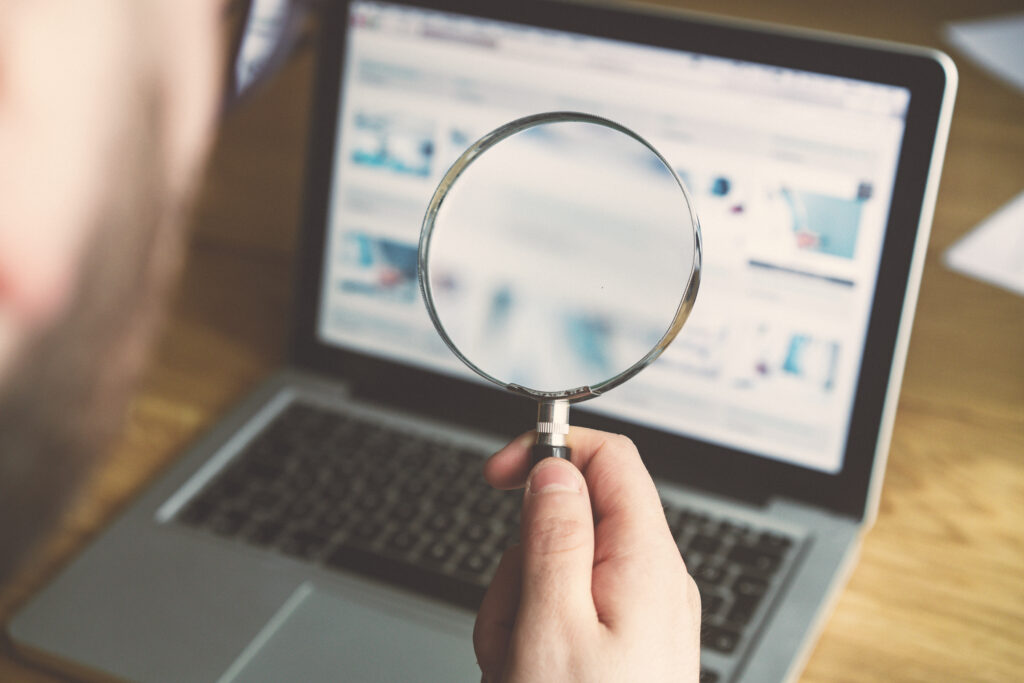
Scope for Improvement
But while the general trends are positive, there are areas in which progress has been slower over the previous five years and which, consequently, require closer attention from companies globally. This includes actions such as supporting suppliers in building due diligence capacity on environmental or social issues, a criteria in which engagement has increased by less than a percentage point since 2017 (4.3% to 4.9%). Likewise, rated companies have been slow to obtain specific certifications on sustainable procurement – just 1.9% in 2021 compared to 1% in 2016.
It is important to note, however, that these two actions are contingent upon companies already possessing a robust understanding of the sustainable procurement landscape. For example, building the capacity of suppliers is only possible when the purchasing company’s procurement department is already engaged on material issues affecting its supply chains. Likewise, certification usually follows a multi-step process, which requires considerable investment in terms of time, people and finance. Therefore, both measures are reliant on purchasing companies possessing sustainability management systems with a high level of maturity.
An Evolving Procurement Landscape
Both the ISO 20400 Progress Report and the EcoVadis ratings dataset paint a similar picture of the current sustainable procurement landscape: While corporate interest in sustainability topics has grown rapidly in recent years, so have the challenges related to implementing sustainable procurement practices. On the one hand, organizations are facing increasing pressure from consumers, governments and supranational organizations to take on more responsibility for mitigating the climate crisis. On the other, the supply chain regulatory landscape is growing increasingly complex and difficult to manage alone.
To stay on top of regulatory requirements, meet customers’ expectations, and provide future-proof products and services, companies need to learn how to procure more sustainably.
How to Manage Your Supply Base Effectively
To start, take a look at the resources of ISO 20400 Global Community of sustainable procurement practitioners. Subscribers can benefit from peer learning experiences in the form of numerous case studies, tools and guides. Moreover, the platform enables companies to take full responsibility for advancing their sustainable procurement journey, for example, by completing a self-assessment. It is a useful tool that helps companies reflect on their current sustainable purchasing practices.
The ISO 20400 standard itself has a wide scope of application as it provides guidance on sustainable procurement for entities independent of their size, sector, industry or geographical location. This format can benefit companies with varied business activities or those who are just beginning their sustainable purchasing journey and need a clear starting point.
EcoVadis is the world’s most trusted provider of business sustainability ratings, intelligence and collaborative performance improvement tools for global supply chains. Backed by a powerful technology platform and a global team of domain experts, EcoVadis’ easy-to-use and actionable sustainability scorecards provide detailed insight into environmental, social and ethical risks across 200+ purchasing categories and 175+ countries.
Subscribe to NewsBites and stay updated on the latest business trends and news.
hktdc.com Sourcing is an established B2B sourcing platform that reaches over 2 million international buyers and features over 130,000 quality suppliers. Powered by AI technology, the platform has multiple innovative functions which seamlessly match suppliers with buyers and bridge demand and supply gaps. You can learn more about hktdc.com Sourcing here.
Disclaimer
This website may contain material sent to the HKTDC by third parties. Without prejudice to any rights, remedies and interests that HKTDC may have, HKTDC is not responsible for any error, omission or inaccuracy in the material. HKTDC reserves the right to omit, suspend or edit any material submitted. The opinions, findings, conclusions and recommendations expressed in such material are those of the authors thereof, and do not necessarily reflect the views of HKTDC.


